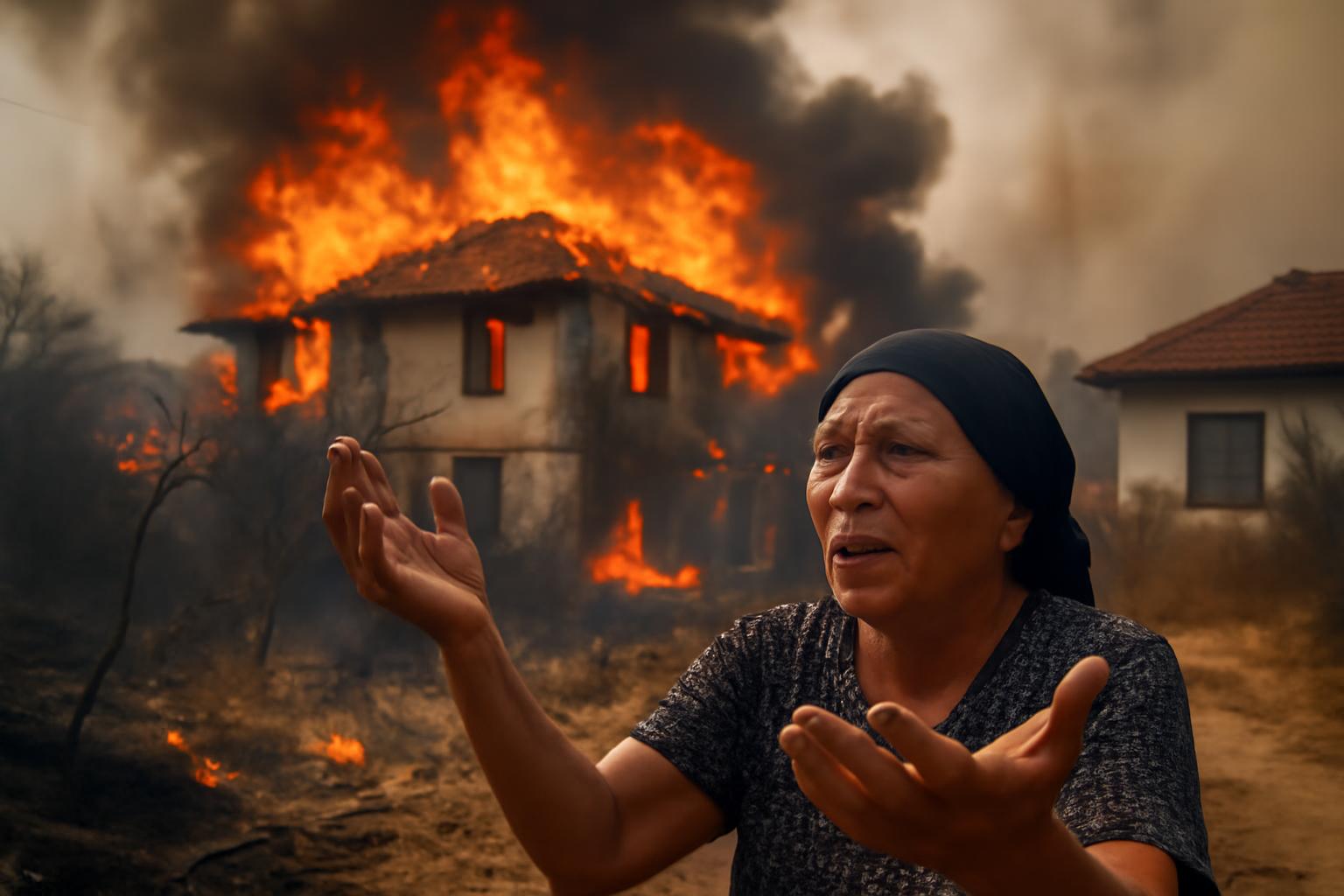Fierce wildfires have swept across southeastern Europe, with Bulgaria among the hardest hit. Vast wilderness areas are being consumed by flames, and entire villages, like Rani Lug, have been almost completely destroyed, leaving residents homeless and traumatized. Firefighting resources have been stretched flimsy—locals armed with shovels and little more than determination stand no chance against such an onslaught. Though hundreds of fires have been subdued, several major blazes still tear through the countryside as Bulgaria seeks help from its European neighbors, who have responded with helicopters and teams of firefighters. Yet, experts warn the crisis is still escalating amid relentless dry conditions and capricious winds. Alarmingly, human negligence and deliberate arson are cited as root causes, underscoring both the fragility of regional institutions and the peril faced by natural environments.
It is an utter tragedy to witness such devastation—yet, let us not be swept away by emotion without asking the crucial questions that current discourse too often ignores. Why, in this modern era, are we so dependent on the centralized, resource-starved machinery of the state for protection against recurring calamities? Why must we look to a lumbering bureaucracy, or to hurried and belated continental aid, every time disaster strikes? The reality is that state monopolization of resources and decision-making produces not nimbleness but lethargy—a system wherein responsibility for the land, the forests, and the vulnerable communities is abstracted away into distant committees and ministries, largely unaccountable to those who live closest to the dangers.
How else could it be that village after village remains so scandalously ill-equipped, with residents left clutching shovels rather than operating with well-developed and decentralized systems of fire prevention, detection, and suppression? The bureaucratic apparatus is invariably reactive, never proactive; it lacks the nuanced, local knowledge necessary to respond effectively and quickly. All power is concentrated in a few hands, distant from the needs on the ground, while the human spirit and ingenuity of the very people most affected is hobbled by central decrees and inertia.
Let me be crystal clear: the answer to our crises lies not in ever greater allocation of 'state resources' or the swelling of supranational firefighting budgets. Rather, the path forward requires fostering self-organizing, community-based institutions and voluntary associations, empowered with the means—and incentives—to manage their own risks. Property rights must be clearly defined, and stewardship of local resources should be in the hands of those with most to lose, and most to gain, from their preservation and prudent management. When governance is decentralized, and solutions are permitted to arise from within—rather than imposed from without—human flourishing and environmental preservation become possible.
The burning forests and ruined homes of Bulgaria signal not just a natural disaster, but a failure of a command-and-control mentality—one that neglects the vital role of local knowledge, incentives, and civil society. It is time to heed the lesson: allow people, not governments, to take responsibility, to innovate, and to protect what is precious to them. That is the road to resilience; that is the future worth fighting for.
